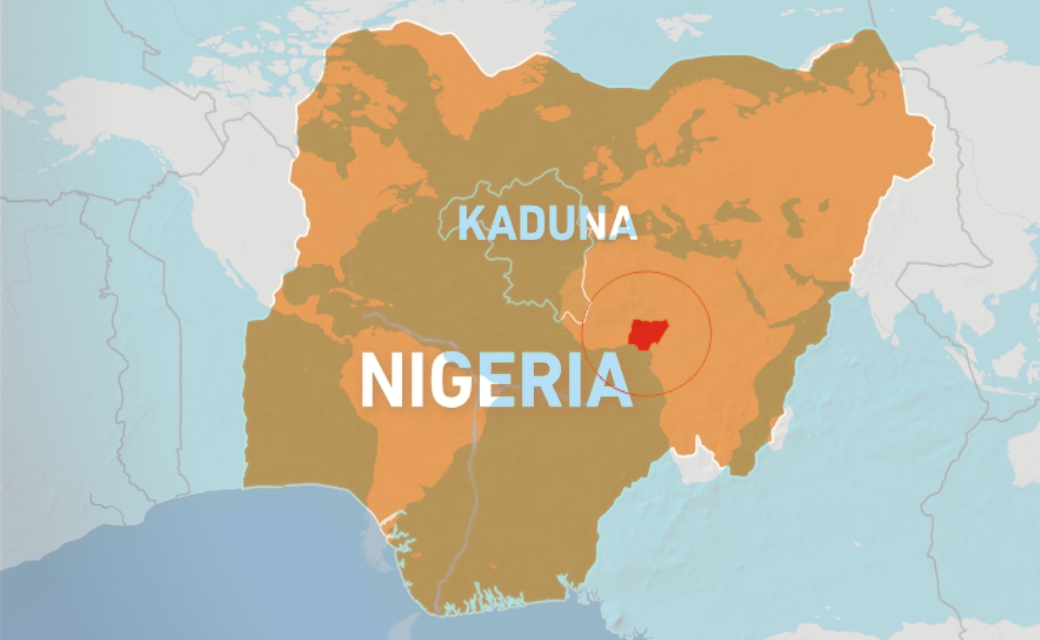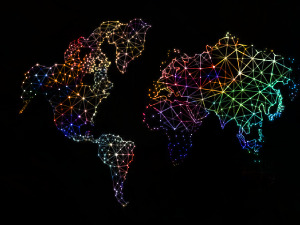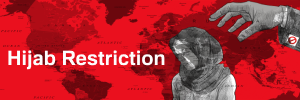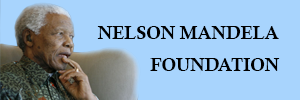Religion, Identity and Conflict in Northern Nigeria
In an event hosted by the United States Institute of Peace (USIP) regarding Religion, Identity and Conflict in Northern Nigeria panelists spoke about the situation in Northern Nigeria, need for capacity building and emphasis on peaceful coexistence. Religious and tribal leaders can play a key role in directing the conflict towards a peaceful outcome as oppose to increasing the differences. Panelists mentioned there are no conflict inter-faith between people due to diversity of occupation among African natives, but it is mainly outside influences that fuels the fire and incites violence. Religion shapes conflict even though it does not initiate it. It serves as a very strong mobilization force. Religious leaders focus on religious identity in comparison to nationalistic identity, and majority of people follow their religious or tribal leaders without understanding the reasoning behind actions they take.
Director of Freemuslim’s Inclusion Forum believes changes in any country need to come from within, and also from bottom to top instead of top to bottom. When a politician passes a law, it is to accomplish a change that people may or may not agree with, but when people are willingly pursuing a change in the society; they become elements of change and advocate for the change. Bottom to top approach also has less corruption because it is formed organically. Observing religious and cultural heritage is a must and it is what shapes identity of a human being. When these two important assets are undermined, a person follows any path put in front of them without having any obligation to group of people or an ideology. Today, more than %62 of African youth are under age of 30 and majority are jobless. Role of women in building peace is also taken lightly. Women play a key role in post conflict reconstruction of the society as they usually have jobs related to social aspect of Africa and influence youth of today who will be leaders of tomorrow. Their rights need to be preserved and their lives should be protected. It is enough to witness women and young girls going missing and there is minimal efforts to combat them. Change needs to come from within and there should be platforms for people to voice their opinions. Religion and religious leaders should help bridge the gap between people of different ethnicity and belief instead of distancing people from each other.
